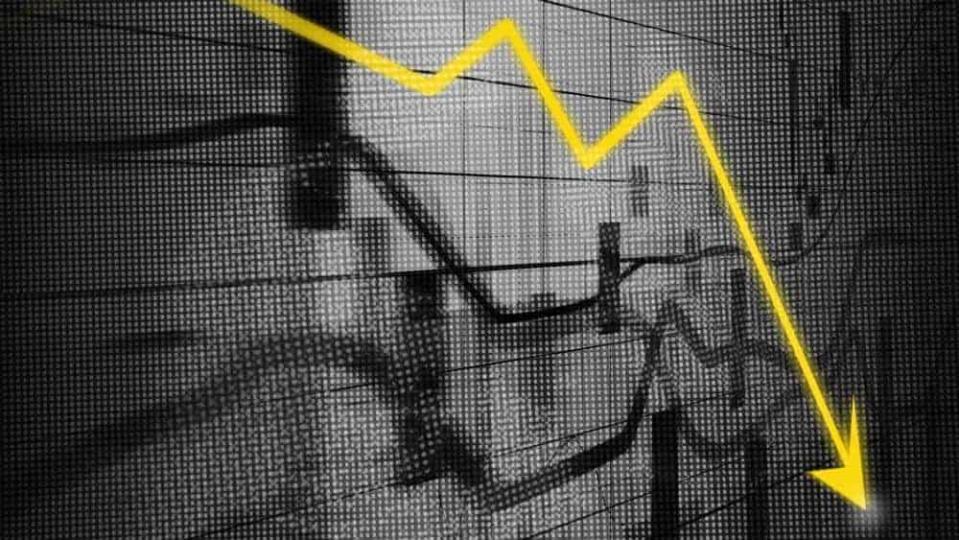TFSA Investors: Did Amazon (NASDAQ:AMZN) Kill Bookstore Stocks?

Until Amazon (NASDAQ:AMZN) and high-speed internet access, Indigo Books and Music (TSX:IDG) was everyone’s favourite bookstore and gathering location for book clubs. Today, it is difficult to excite investors over brick-and-mortar retail stores. With the advent of 5G, now is notably not the right time to bet on traditional retail in the stock market.
5G will transform society as a whole — creating a more digitized world with more significant implications on data privacy rights and concerns about Big Brother governments. If bookstores continue to suffer as a result of technological transformations like 5G, traditional book lovers may find themselves forced to switch from hardcover to tablet.
Bookstore stocks like Indigo Books and Music have lost over 50% of their value in the past 12 months.
Is Indigo Books and Music headed toward penny-stock status?
Not only do traditional bookstores struggle with cost competitiveness against Amazon; bookstores also don’t boast streamlined inventory management options. Amazon, however, allows authors to self-publish books through its web platform.
It is officially no longer feasible for booksellers to operate in a traditional capacity. Return on equity for Indigo Books and Music is now a negative 12.83%. Earnings per share (EPS) is a humble negative 1.48.
Eventually, Indigo Books and Music may face the same fate as Macy’s and JCPenny, two traditional retail brands now trading for under $1 per share.
Will Indigo Books and Music bounce back?
Alternatively, Indigo Books and Music may rebound much like Barnes & Noble has this past year. Barnes & Noble’s stock price has appreciated over 20% in the past year. Like Indigo, Barnes & Noble is a famous bookstore offering book clubs and other events for traditional book lovers.
The difference is that while Barnes & Noble’s annual dividend yield is almost 10% at its current rebound price of $6.49, Indigo Books offers no dividend. Savvy investors will be hard-pressed to buy Indigo Books and Music Stock given the low risk-adjusted returns.
If Indigo Books and Music looks at Barnes and Noble’s digital strategy to complement its brick-and-mortar retail brand, Indigo may be able to rebound. Barnes and Noble currently offer shareholders a return on equity of positive 0.88% — an impressive achievement for a retail chain.
The U.S. bookstore chain even reported a positive diluted EPS of $0.05 per share for its third fiscal quarter of 2019. Much of Barnes and Noble’s success hinges on its Nook tablet and e-book options. These digital options allow the traditional retail brand to compete with Amazon’s cost margins and streamlined inventory system.
Amazon’s weakness?
Amazon has a substantial intellectual property problem. Many aspiring writers have been too creative in editing books still protected under copyright. Although Amazon is a leader in machine learning and technology, the company still can’t find a way to prevent copyright infringements through its self-publishing application.
This won’t stop Amazon from killing these popular gathering places for book signings and discussions on the latest New York Times Bestsellers. TFSA investors beware: Don’t bet on retail unless the stock offers a hefty dividend to compensate your portfolio for the additional risk.
More reading
3 Reasons Why a Buy-and-Hold Strategy Doesn't Work for Every Stock
Retirees: Give Yourself a Raise With These 3 Passive-Income Machines
John Mackey, CEO of Whole Foods Market, an Amazon subsidiary, is a member of The Motley Fool’s board of directors. Fool contributor Debra Ray owns shares of Amazon. David Gardner owns shares of Amazon. The Motley Fool owns shares of Amazon.
The Motley Fool’s purpose is to help the world invest, better. Click here now for your free subscription to Take Stock, The Motley Fool Canada’s free investing newsletter. Packed with stock ideas and investing advice, it is essential reading for anyone looking to build and grow their wealth in the years ahead. Motley Fool Canada 2019

 Yahoo Finance
Yahoo Finance 